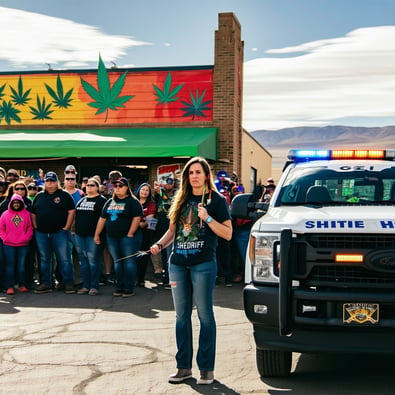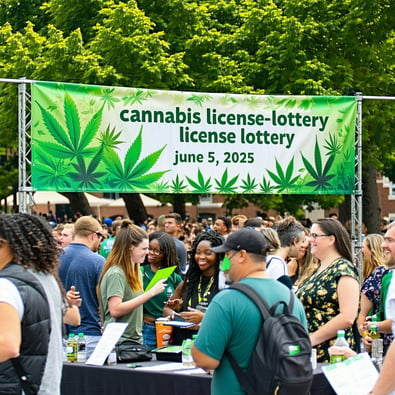Minnesota’s rollout of recreational cannabis has not gone as smoothly as many business owners hoped. For entrepreneurs like Mark Eide, owner of In-Dispensary in downtown Minneapolis, the transition to selling recreational cannabis has been filled with setbacks and uncertainty. Despite securing one of the state’s first retail microbusiness licenses, Eide’s store has no product to sell — a growing frustration shared by many dispensary owners waiting for supply to reach their shelves.
Eide, who previously sold hemp-derived products, says customers call daily asking when recreational cannabis will be available. But cultivators are still growing, wholesalers aren’t ready, and the state’s supply chain is just beginning to take shape. “It’s like getting a driver’s license but having no car to drive,” Eide said, reflecting the struggles of early entrants to the recreational cannabis market.
Minnesota’s cannabis regulatory system allows medical dispensaries like RISE and Green Goods to convert part of their inventory for adult use, giving them a head start in recreational cannabis sales. However, many small business owners feel blindsided, saying this move undercuts their efforts and creates unfair competition. Eide and others argue that the Office of Cannabis Management (OCM) promised microbusinesses a head start, only for large corporations to begin recreational cannabis sales first.
OCM Director Eric Taubel defended the decision, saying it was intended to ensure patients continued to have access to medical products during the transition to recreational cannabis.
Industry experts say the shortage is the result of structural issues. Minnesota currently has only two licensed cannabis-testing labs and no licensed transporters, creating bottlenecks for recreational cannabis distribution. Even if cultivators harvest soon, there aren’t enough processors or transporters to get products to retail shelves efficiently.
Some tribal nations, like Mille Lacs, are preparing to wholesale to licensed dispensaries, which could help alleviate shortages and stabilize recreational cannabis supply. But for now, small retailers must wait — and hope that the market opens up soon.
As Minnesota’s new recreational cannabis industry develops, business owners are calling for reforms to make the process more equitable and sustainable. They believe that with proper oversight, fair competition, and improved logistics, recreational cannabis can become a thriving part of the state’s economy. Until then, dispensary owners like Eide remain in limbo, waiting for the day when recreational cannabis truly becomes accessible for both businesses and consumers across Minnesota.





